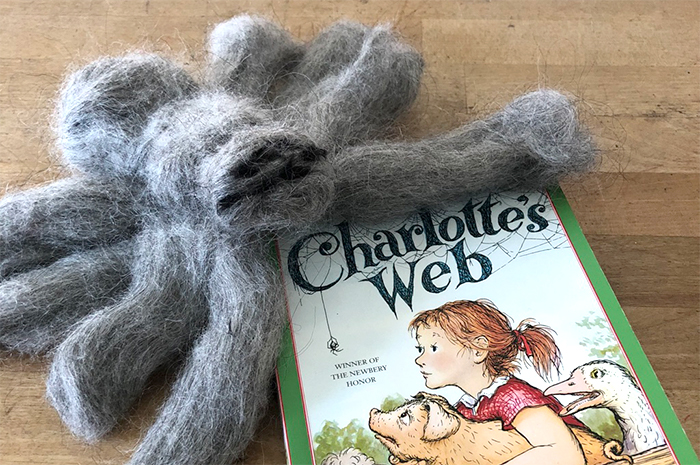
Everyone says it’s easy to kill our children’s love of learning. It can happen if we expect them to do things they don’t enjoy. It will never return if we “do school at home” instead of homeschool. Our children could have life-long scars if we fail to make all our learning as sensory and relaxed as a nature walk.
Besides all this, we’ll become stressed, demanding mothers who lack any sense of joy or beauty.
These beliefs ruled our homeschool for five years. Here’s what happened when I finally dared to push back.
Our “Come to Jesus” Moment
After five years of this, we were miserable. These same ideas had influenced my parenting and everything was upside down.
The older kids still remember the day things changed!
They sat wide-eyed as I read a flurry of words scratched out on a piece of notebook paper. I made clear that we were no longer basing decisions on their whims and I listed the new expectations I had for them.
(Actually I set expectations. We didn’t really have any before then!)
Setting expectations for daily life was a start, but I still struggled in choosing curriculum.
When we felt called to use a boxed curriculum, I was still concerned that the kids would hate it and thereby lose their love of learning. Then someone recommended I watch Cheryl Lowe’s 2015 Sodalitas video entitled, Delectare.
Given the title of my blog, I think you can figure out the impact this talk had on me!
The Real Love of Learning
Cheryl differentiates between fun and delight. Delight goes deeper and fulfills our children on a level that fun never can. She said there are three things that bring our children delight in learning:
Knowledge
Quoting Aristotle, Cheryl says, “By nature, man desires to know.” At first glance, this sounds like support for today’s child-led education.
But Aristotle also said, “The root of learning is bitter, but the fruit is sweet.” He understood that man doesn’t often follow his true nature.
We have a strong desire to know, but we tend to set that aside when the path to knowing gets difficult. If we stay on the path, we reach knowledge and can delight in knowing.
Questions & Answers
Cheryl says that, “Questions focus and stimulate your mind.” As she points out, how do you feel when you know the answer to something?
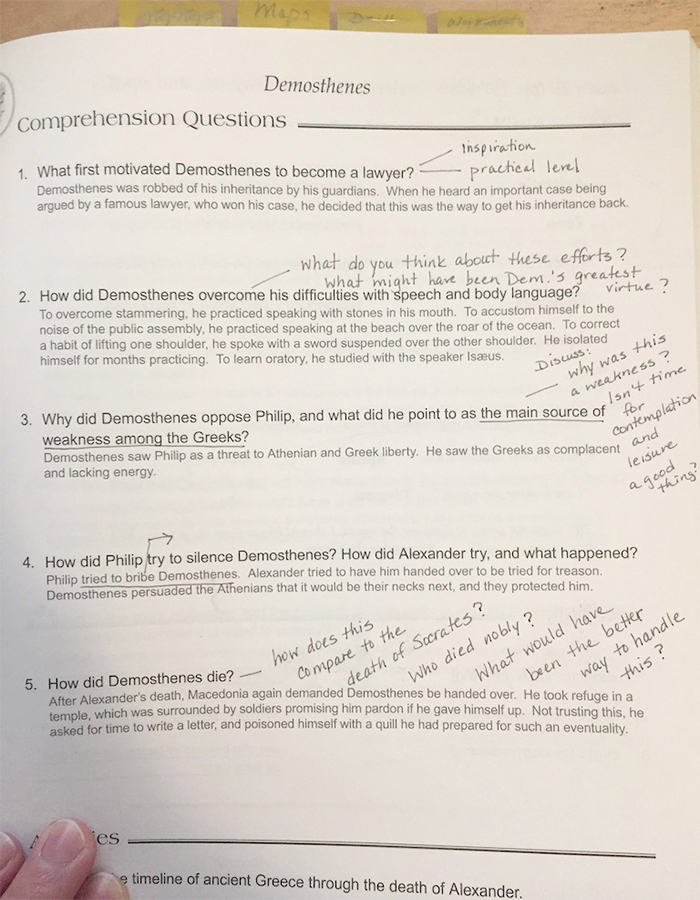
“If you want to see children enthusiastic about learning…it’s always the same picture. It’s a classroom of students and their hands are all in the air…and they’re dying to give the answer because they know the answer.”
CHERYL LOWE
We don’t just want to know things in general, we want to know the answers to specific questions.
Connections & Meaning
Children light up when they realize something they’re learning connects to what they’ve learned before. This is especially true when the connection gives deeper meaning to the separate concepts.
Cheryl says that homeschoolers have a greater ability to nurture delight in this way because we teach every subject every year. We know what our children have learned before.
Our homes are like one room schoolhouses where students would hear the older kids’ lessons, then they would reach those lessons themselves, and later they would hear the younger kids learning the same lessons.

We have the same in our homeschools, especially with a classical curriculum where everything interconnects, prepares for what is to come, and revisits those foundations through the years.
What Delight Looks Like
Cheryl’s talk gave me the courage to move forward and it permanently changed our homeschool.
Are my kids head over heels about sitting down to school each day? Of course not — but they bring it into every aspect of their lives on their own!
- The boys wanted their 5yo sister to stop invading their room so they set the Glory Be as a password — in Latin. She promptly quoted most of it to them!
- They learned how to read Tolkien’s hobbit runes in literature — and later decided to “translate” passages from the New Testament into runes.
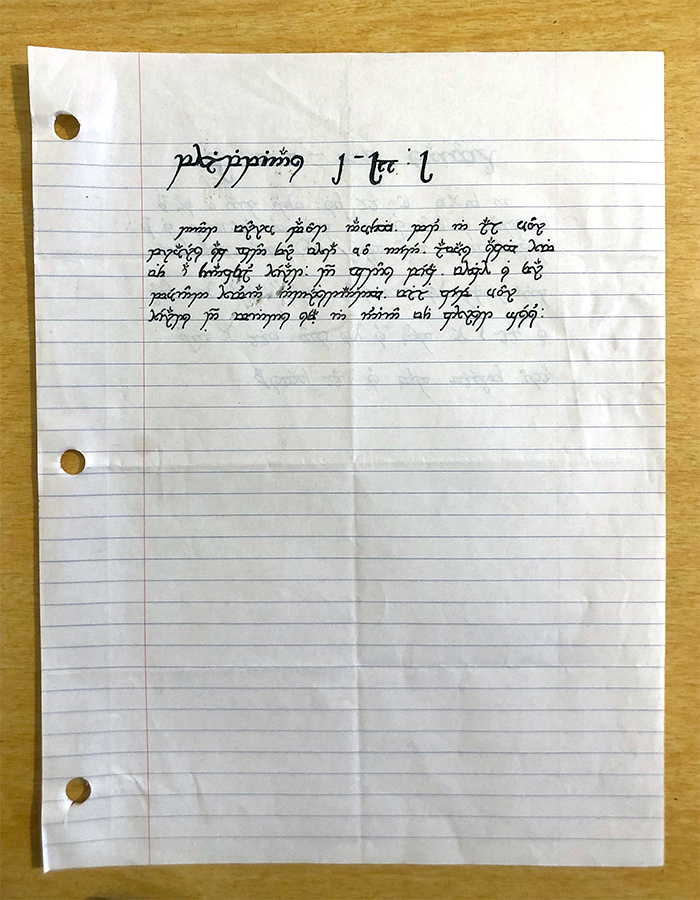
- My husband was reading something that reminded our daughter of one of her art cards. She excitedly jumped off the couch to get it and show him.
- I was putting completed student guides in the recycling bin when our then-11 year old stopped me. He started pulling the vocabulary lists out of his Latin book, asked if he could keep his Astronomy book for reference and claimed his older brother’s Hobbit literature guide.
- The kids were part of Living Stations this year and my son, cast as Pilate, convinced the director to let him say his line in Latin, “Because it would be more authentic.”
How to Foster Delight in Your Homeschool
Usually the kids know I’m excited about what we’re learning and how we’re learning it; and they know I’m confident in the path we’ve chosen.
But when I lose sight of these things, they lose their sense of delight.
Preserve the Vision
Not the mood-board kind of vision, but the vision of what we are setting out to do as a homeschool, as a family.
When this is my motivation, I’m able to pass it on to my children.
Many people talk about the checklist mindset and blame the checklist for it. In reality, the checklist mindset is when we forget the what and how and simply go through the motions for whatever is written in the box.
When I approach the lesson planner with our vision in mind, the kids can sense it and delight has room to grow.
Stay on the Path
Even if I have the vision in mind, delight can only come if we put in the work.
Does that mean our noses are in the books all day? Definitely not. But the fun things we do are supports for our learning rather than the primary means of learning.
Regardless of the subject, when the kids skate by, doing the minimum, they don’t have the same excitement as when they’ve really worked on it.
This means I have to hold them accountable for that work.
It’s like bringing your kids on a hike: about 5 minutes into it, they start saying they’re tired, they want you to hold their water bottle, they want to be carried and, of course, they have to go to the bathroom.
Then you hit one of the small, scenic lookouts and they forget all their complaints as they point out the amazing things they can see.
As you continue your hike, they start saying all the same things as before — until the next lookout. The cycle continues until you finally reach the top of the trail and they see the full panorama below.
Suddenly, they say that hike was the most amazing thing they ever did and they can’t wait to try another one. And can they go higher next time? Please?
You know they’ll follow the same pattern on the next hike. You also know you’ll have to nudge/prod them to the top.
But you also know what will happen when they get there.
What if They Still Don’t Love Learning?
Maybe you keep the vision in mind, share your own excitement, put in the work, hold them accountable — and your kids still hate school.
There are many reasons a child can hate school but most of them have their root in the necessity of knowledge for delight. Maybe it’s a skills gap, maybe it’s their impatience, maybe it’s something else; but something is blocking their ability to gain true knowledge.
What if you rule out those things and your child still doesn’t love learning?
Their feelings are not your fault.
Our children are persons with free will and fallen human nature. Our job is to provide the culture and means of learning, to model what we are teaching, and gradually lead them to stronger skills and deeper knowledge.
What they do with these gifts is between them and God.
In the midst of it all, hold fast to the vision and keep your own delight. It might be what brings them around in the future.
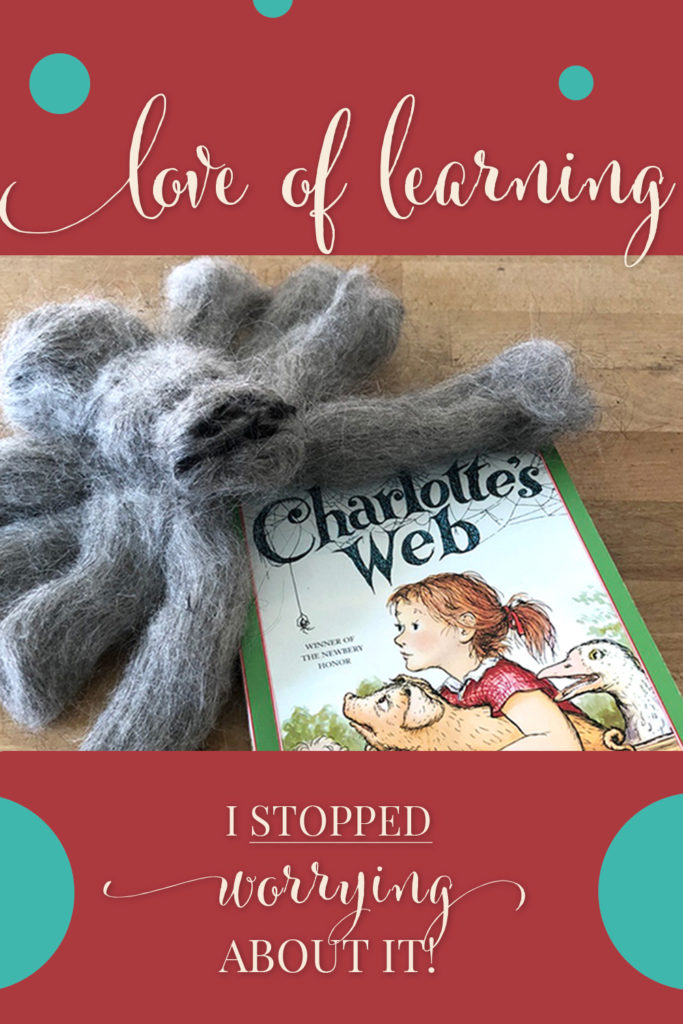

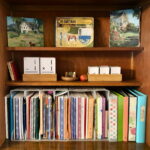

lovely and encouraging post indeed ❤️ thank you for sharing your knowledge and experiences with us!
Thankyou so much for this!!
Fantastic post! It gives me a lot to think about before starting up next year’s schedule. Thank you! I’m always drawn to the romantic views of unschooling.
I’m so glad it helped, Emily!